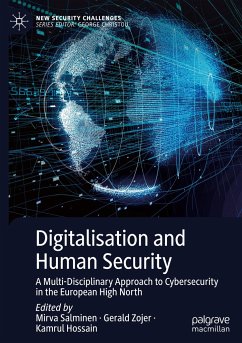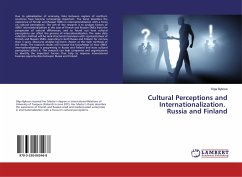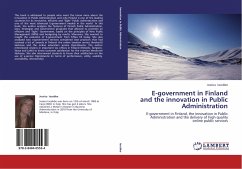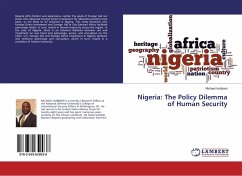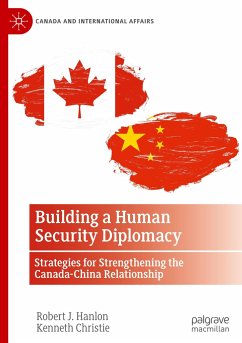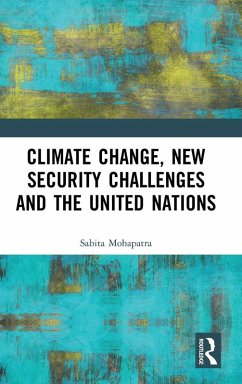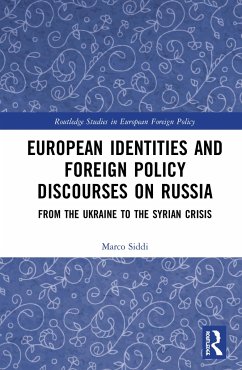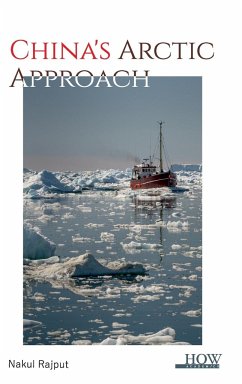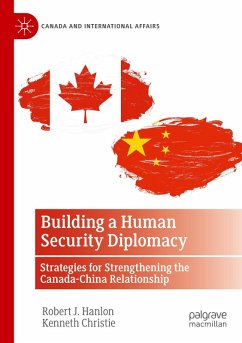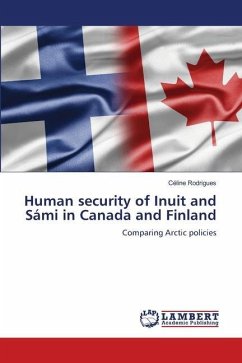
Human security of Inuit and Sámi in Canada and Finland
Comparing Arctic policies
Versandkostenfrei!
Versandfertig in 6-10 Tagen
53,99 €
inkl. MwSt.

PAYBACK Punkte
27 °P sammeln!
Arctic Indigenous peoples were the first to feel the cause-effect, with no responsibility to the harm that was and is affecting their way of life, their living subsistence, their home. Climate change has direct and indirect impacts. Facing the inability of the States to keep them safe and secure, Inuit and Sámi organisations had to take the lead to protect themselves, at least with their voices heard at international level. The Inuit Circumpolar Council and Sámi Council have done a great job that allowed to recognise their human rights as well as giving them a place at the Arctic Council as ...
Arctic Indigenous peoples were the first to feel the cause-effect, with no responsibility to the harm that was and is affecting their way of life, their living subsistence, their home. Climate change has direct and indirect impacts. Facing the inability of the States to keep them safe and secure, Inuit and Sámi organisations had to take the lead to protect themselves, at least with their voices heard at international level. The Inuit Circumpolar Council and Sámi Council have done a great job that allowed to recognise their human rights as well as giving them a place at the Arctic Council as Permanent Participants. In order to understand the difficulties at national level, the comparison work will be helpful to analyse the applicability of human security (within a trinity that includes Green theory and ecosystem approach) of Canada and Finland´s Arctic policies, where Inuit and Sámi live, respectively, acknowledging the impact both countries can provide to their Arctic communitiesas part of their country and society, accepting their diversity. Keeping population safe is an obligation of States, though in this new century and climate threat context, they can not to do it alone.





